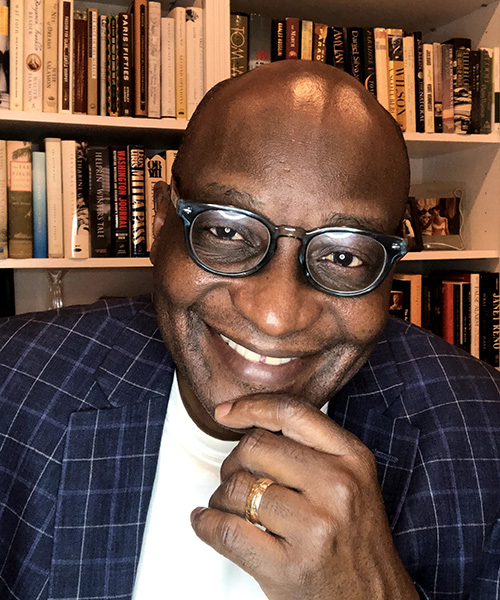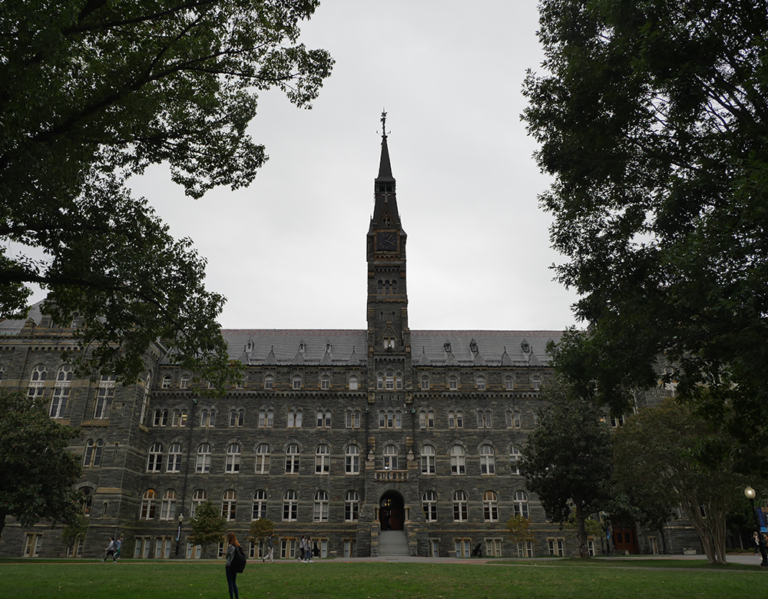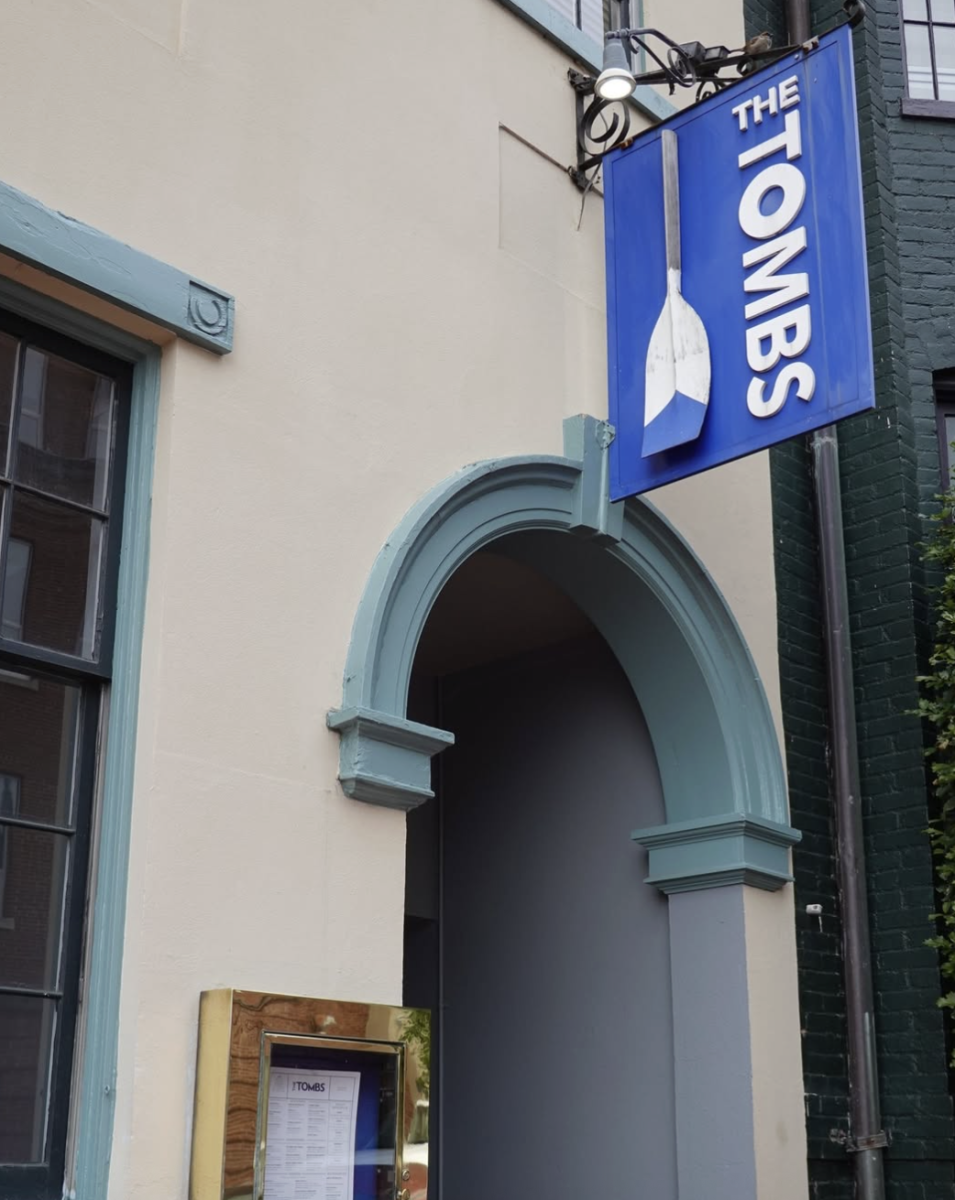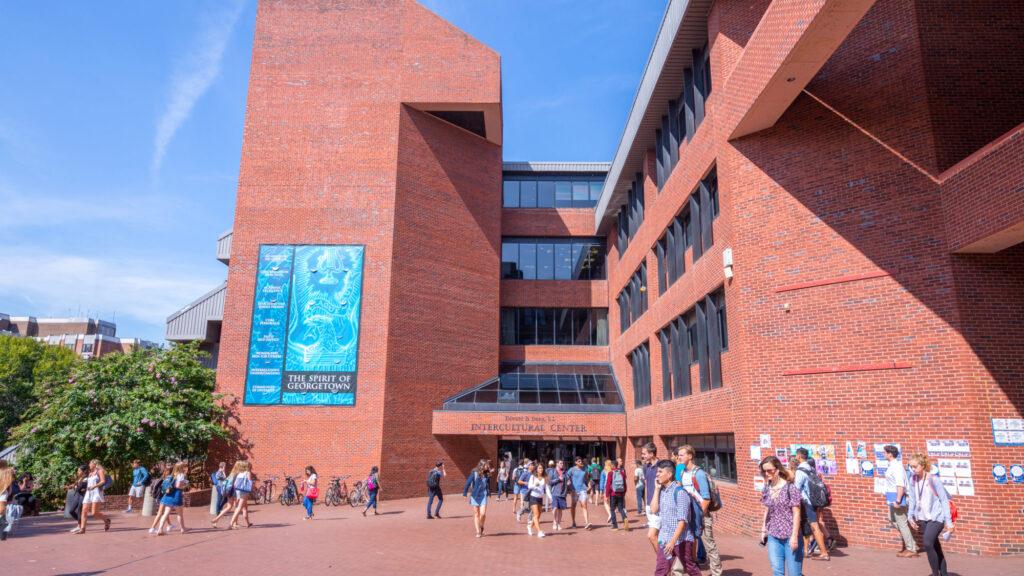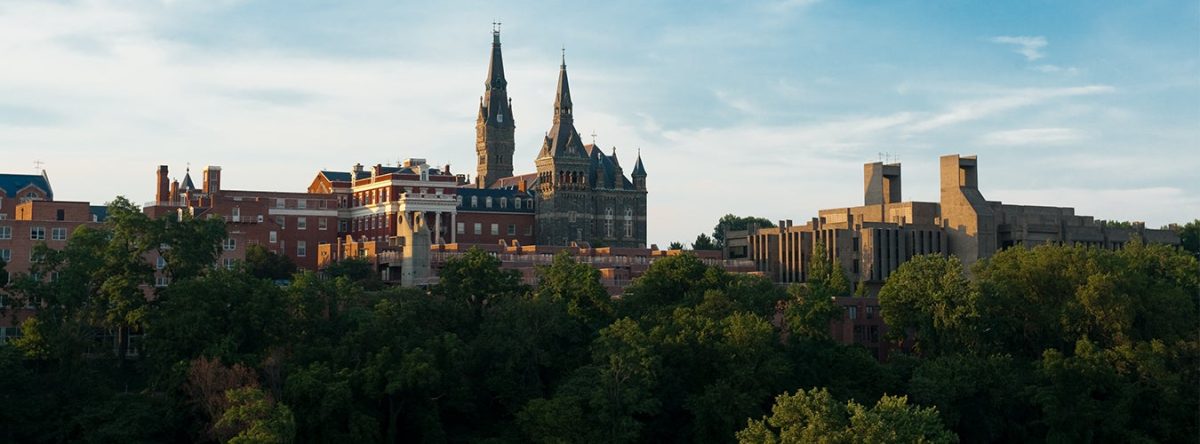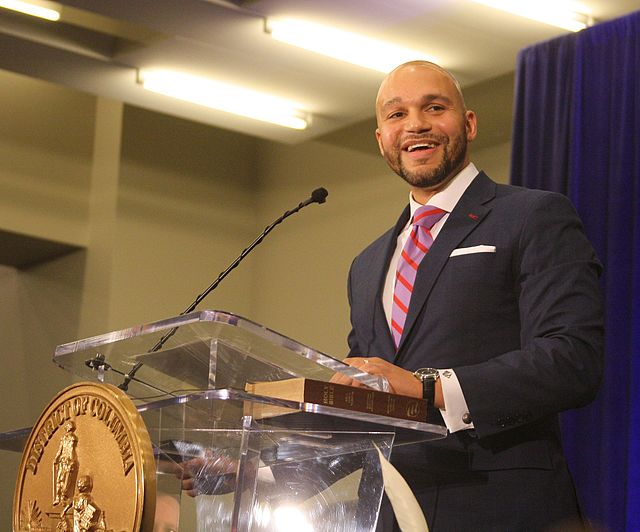A Georgetown University psychology professor received the International Society for Developmental Psychobiology’s (ISDP) 2024 Rovee-Collier mentor award, the department of psychology announced Oct. 6.
Rachel Barr — who studies developmental psychology — received the award, which is named for Carolyn Rovee-Collier, a professor and researcher who formerly mentored Barr. The ISDP, an organization founded in 1968 with the mission of promoting research about psychological and biological development, awards the Rovee-Collier mentor award to members who make impactful contributions to young academics.
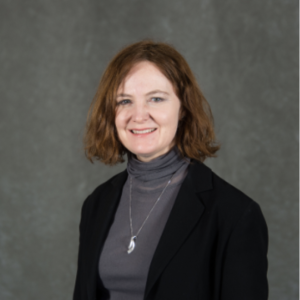
(Courtesy of Georgetown University)
Barr said being honored in her former mentor’s name was particularly special.
“It was a really meaningful thing to then get this award that was named after Rovee-Collier, who was an amazing mentor,” Barr told The Hoya. “She was one of the pioneering people in my field in infancy and had been a really big part of the ISDP.”
Barr has been involved in the ISDP since the 1990s, serving as president and a member of the program committee. She has worked at Georgetown since 2001, when she founded the Early Learning Project (ELP), an initiative on campus dedicated to researching social and cognitive development among young children. Since its inception, the ELP has seen hundreds of undergraduate, graduate and postdoctoral students design and conduct various research studies sponsored by the program.
Barr said her lab has 22 people focusing on how kids learn different languages, especially through media.
“Kids are growing up in a digital world, they’re growing up in a multilingual world, so we focus a lot on them and how they understand and learn as they’re growing up with lots of languages, and how they understand and learn in this media ecology,” Barr said.
Joscelin Rocha-Hidalgo (GRD ’22), a former ELP researcher and one of Barr’s mentees, said she credits Barr with introducing her to the ISDP, where she now holds a position as part of the organization’s diversity, equity and inclusion committee.
“It was Rachel who got me involved in the society in 2016,” Rocha-Hidalgo told The Hoya. “I remember I just joined as a postdoc. It was the first fall of being a lab manager, and she took me as one of her mentees to the conference.”
Following nominations and recommendation letters, Barr was selected for the award from a field of about 10 other professors and researchers.
Barr said that she thinks students have an important role on the mentorship process.
“Professors are lucky that students are curious and excited,” Barr said.
Phoebe Chartock (CAS ’25), a research assistant in the ELP, said Barr’s mentorship extends beyond individual guidance to fostering a supportive environment for all researchers in the lab.
“I think she absolutely deserves that,” Chartock told The Hoya. “She has been such a good mentor for me and to all the other research assistants, both undergrad and graduate, that I work with.”
Chartock said Barr has been helpful in capacities beyond just developmental research.
“Right now, I’m going through the process of applying to doctoral programs for clinical psychology, and she has been such a wonderful resource,” Chartock said.
Rocha-Hidalgo said that Barr’s mentorship was also extremely helpful for her own development in academia and as a person.
“She empowered me and I think she empowered many of her mentees to know the space they take and to be proud of it,” Rocha-Hidalgo said.
“She was my mentor, so she taught me everything,” Rocha-Hidalgo added. “She cared about me as a whole as a person.”
Rocha-Hidalgo, who now works alongside Barr to train students, also said that acting as a mentor has inherent challenges.
“You can take years to learn how to be a scientist, but mentoring is a never-ending thing,” Rocha-Hidalgo said. “You can have a style of mentorship, but it is important to know what your mentees need.”
Barr said that mentorship is not necessarily complex and being able to mentor Georgetown students helped make it less difficult.
“I think mentoring really just means giving advice, whether people want it or not,” Barr said. “I think that Georgetown students are really incredibly strong, and I think that actually makes it easier to mentor.”





